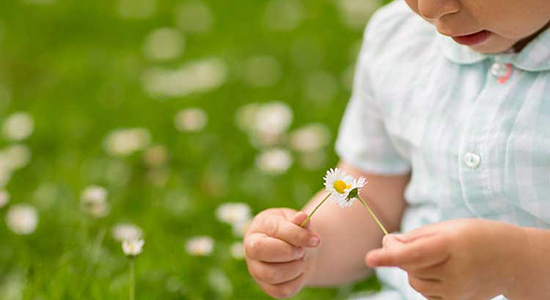Definition: Play is a pivotal part of a child’s life. Outdoor play fosters opportunities for creativity, imagination, social connections, and learned behaviours. Outdoor play in greened playscapes has a positive effect on children’s social development, motor skill development, attention, and activity level.
Benefits of outdoor play: The Outdoor environment supports the development of healthy and active lifestyles by offering children opportunities for physical activity, freedom and movement, and promoting a sense of well-being. Children come into contact with the natural world which offers them experiences that are unique to outdoors, such as direct contact with the weather and the seasons. Children begin to understand and respect nature, the environment and the interdependence of humans, animals, plants, and lifecycles.
Outdoor play also supports children’s problem-solving skills and nurtures their creativity, as well as providing rich opportunities for their developing imagination and resourcefulness. Children need an outdoor environment that can provide them with space, both upwards and outwards, and places to explore, experiment, discover, be active and healthy, and to develop their physical capabilities. The outdoor environment offers space and therefore is particularly important to children who learn best through active movement. Very young children learn through their sensory and physical experiences which supports brain development. Children learn to play safely and freely while they assess risky settings and develop the skills to manage those situations.







